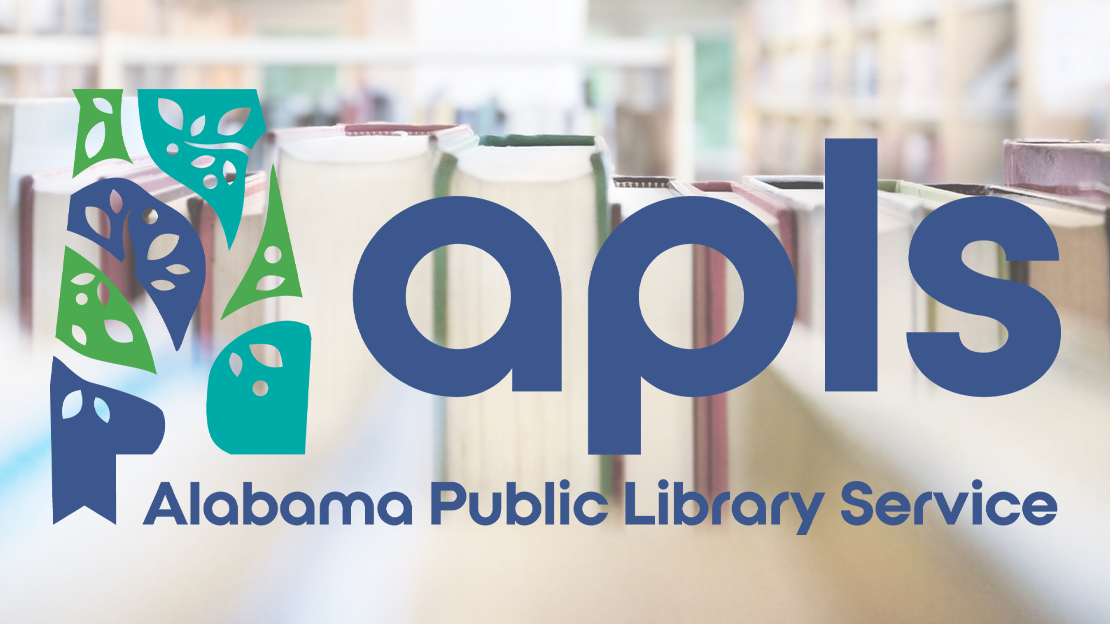|
Getting your Trinity Audio player ready...
|
A room of about 40 librarians cheered Thursday morning as the Alabama Public Library Service executive board voted to reverse course on its plans to change how it spends its federal funding.
In September, the board voted to use funding from the Library Services and Technology Act (LSTA) for statewide initiatives instead of distributing the funds through competitive grants as the agency has done for years.
That decision angered numerous librarians across the state, who showed up early Thursday morning for a discussion hosted by new APLS board chair John Wahl to air their grievances.
While Director Nancy Pack had argued to to the board in September that changes to the agency’s administrative code had delayed the process and would put libraries in a time crunch to fulfill their grant projects, library directors told Wahl the projects were meticulously planned and that the money could be spent quickly.
Wahl asked the present librarians, about 100 in total, to raise their hands if they supported reversing the board’s September decision. Every librarian present raised their hand.
“That’s so classic government,” Wahl told the librarians with a chuckle. “Why would we do something nobody wants?”
When Wahl relayed this support for reversing the board’s decision during the meeting, Pack pushed back, telling Wahl that there are 220 libraries in the state and that the librarians present, at best, represent only half the librarians in the state. Wahl said that, statistically, it would be likely that librarians not present would generally agree with those who attended.
One concern shared by the librarians is the power of LSTA grants to secure further funding from local partners.
“Our library was devastated to go back to our funding partners and tell them we could no longer fulfill our project because grant funds are suddenly not available in the middle of the grant cycle,” said Jessica Ross, director of the Washington County Public Library.
Ross said the library had used previous LSTA grants for projects including funding a hub for workforce development within the library and assisting seniors and those with visual and hearing impairments.
Pack argued that the statewide initiatives that she and staff had come up with could benefit even smaller rural libraries that typically are unable to compete for LSTA grants. One such idea is the funding of a notary at every library.
The librarians watching from the overflow room notably groaned, and sometimes gasped, whenever Pack was speaking.
“We already have two notaries,” one librarian said when Pack mentioned the plan to fund notaries.
“So do we,” said another.
While Pack told the board that the agency has consultants in the libraries every day that know the needs of the system, the librarians scoffed in audible frustration, and said Pack did not have the insight into what librarians wanted as she claimed.
While the board reversed its decision on how to use the federal funds, it’s not yet clear when the recipients will be selected.
The source of those federal funds could also be in jeopardy under President-Elect Donald Trump, who in each year of his first term proposed eliminating the Institute of Museum and Library Services, which is responsible for the LSTA funds.
The meeting also touched on continued censorship challenges.
Wahl told librarians that polls show bipartisan support for keeping sexually explicit content out of sections for minors, and attempted to paint everyone as being on the same page.
“With public opinion, perception is reality,” Wahl said. “The press wants us to fight each other. They’re trying to create division.”
Wahl referenced a recent al.com article which he says misquoted him as saying the Alabama Library Association has a Marxist agenda, when he says he actually was referring to the open self-identification of former American Library Association Emily Drabinski as a Marxist.
“I don’t throw around the term Marxist lightly,” Wahl said.
Advocates of moving or removing books in Baldwin County libraries spoke to the board Thursday as they ramp up efforts there, particularly at the Fairhope library.
Wendy Pickering, a self-described private investigator from Orange Beach, told the board that “you either side with the kids or you side with the child predators.”
Rebecca Watson, chair of the Baldwin County Moms for Liberty, talked to the board about the book “Parts and Hearts,” which the Fairhope library has retained in the young adult section on the basis that it is educational.
The group from Fairhope has challenged whether keeping the book on the shelf for minors is in violation of APLS’ state aid requirements, which requires libraries to have policies in place to keep sexually explicit and other inappropriate materials out of youth sections.
Fairhope has already updated its policies and APLS has approved those policies as in line with the new state aid requirements. APLS has no authority over the books on the shelves of libraries, it can only require the policies to be put in place.



















































